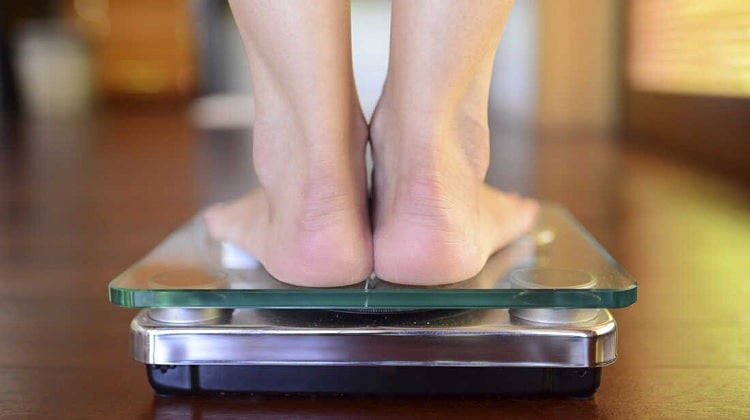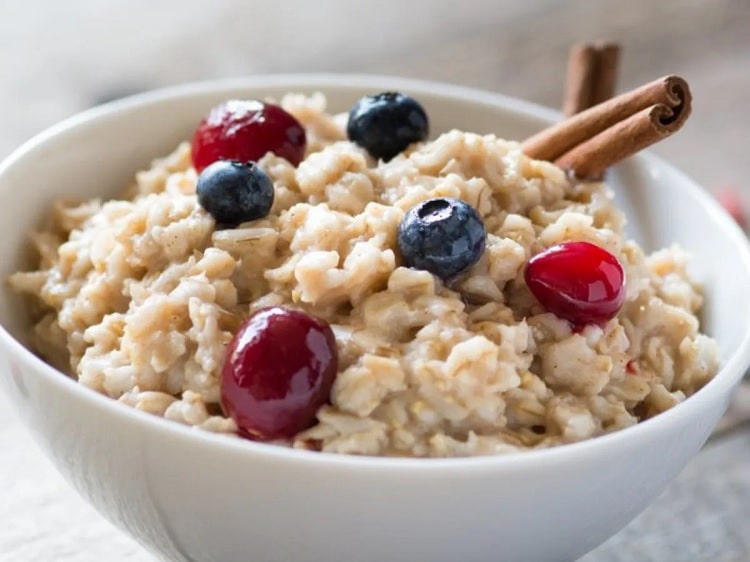Why Dinner May Be the Key to Losing Weight: The Case for Skipping It
Skipping meals to lose weight is a rising trend among people around the world. In order to reduce their calorie intake, they skip dinner, an important meal of the day. The food we consume on a regular basis, its portion sizes, and the time of consumption have a significant effect on our weight. This is why it is recommended to have a light dinner for better digestion.
People have begun to skip dinners in recent times to lose weight in this regard. Along with that, some popular dieting methods focus on limiting your food consumption within a specific period of time. Before making a decision to skip dinner to lose weight, you should understand the weight loss effects of skipping dinner.
Skipping a meal can cause some significant changes in your body. It would help if you learned the facts to achieve your weight loss goals without much harm to your body. The article will help you determine whether skipping dinner is good for weight loss and health, as well as the best approach to planning meals for weight reduction.

Can Skipping Dinner Help with Weight Loss?
Dietary changes do have a considerable impact on your weight. Planning your meals based on your nutritional needs and goals can help with sustainable weight loss. On the other hand, skipping meals or replacing a meal with a snack or soup can aid in reducing calorie consumption in the short term.
But in the long run, skipping dinner can make you load up on snacks that are low in essential nutrients like fiber and protein in late night hours.
Skipping dinner without altering your dietary needs in a day can lead to bingeing on unhealthy foods that are rich in sugar and carbs. As a result, there will be an increase in visceral fat in various parts of the body, resulting in weight gain. People who eat dinner are likely to consume healthier foods, which can provide a filling effect and enhance digestion.
Studies showed that perpetual dinner skippers weighed more than regular dinner-eaters. Dinner skippers gain weight because their nutritional needs are not satisfied on a daily basis. But skipping dinner can help with weight loss when adopted as part of intermittent fasting.
Some experts suggest that intermittent fasting imitates our traditional eating patterns and aids in losing weight.
Although intermittent fasting includes skipping meals, the focus of the dieting approach is on having nutrient-rich, balanced items in your diet to meet daily nutritional needs. Avoiding food consumption late at night can help regulate your hunger hormones and blood sugar levels, thus supporting weight loss.
A 2017 study published in the Journal of Nutrition found that eating fewer than three meals per day was connected with a relative drop in BMI. According to this study, having a long overnight fast while eating breakfast as the largest meal is advantageous for weight loss in adults.
Having breakfast as your most substantial meal with a sufficient amount of nutritious foods can help you lose weight when skipping dinner.
When you eat large portions of a meal at dinner, you are likely to have high levels of glucose and insulin in the body. Spikes in blood sugar levels at night can hinder your weight loss by increasing hunger levels and promoting excess calorie consumption. This is why it is essential to control your hunger levels to lose weight steadily.
Skipping dinner can help with weight loss when you have a balanced diet throughout the day. The timing of your final meal of the day has an impact on your circadian rhythm, which in turn affects how your body burns calories and stores fat. Even if you’re having dinner, plan your dinner earlier and have portion control to sustain your weight loss.
What Happens to Your Body When You Skip Dinner?
While skipping meals as part of an intermittent fasting regimen can help you lose weight, doing so on its own can have a detrimental impact on your body. Foregoing your dinner can lead to a few undesirable effects on your body. We shall delve into the ways in which skipping dinner can impact your body’s balance adversely.
Low Energy Levels
When you skip dinner, you are likely to have a drop in glucose. This sudden drop in glucose levels can lead to fatigue and lower energy levels. Skipping meals can reduce the transfer of nutrients to the brain, thereby hindering many neurological functions in the body. When your energy levels are low, you can find it hard to engage in any physical activity. Skipping dinner can thus impact your exercise performance.
Higher Appetite for Sugar and Carbs
The synthesis of hunger hormones may be adversely impacted by skipping meals. Skipping meals can impair the functioning of both the hunger hormones leptin and ghrelin. When you ignore your hunger cues in addition to a drop in blood glucose levels, you are likely to have serious cravings for sugar and carbs. These increased cravings can lead to excess intake of sugar carbs, thereby obstructing your weight loss. Skipping meals can also increase the risk of eating disorders in people.
Increased Stress Levels
Glucose provides energy for various parts of the body, including the brain. When the brain lacks a sufficient level of nutrients, it can cause disruptions in the functioning of neurotransmitters. A deficiency of nutrients in the brain can lead to depression, anxiety, and mood swings. Skipping dinner can thus worsen your mood.
Besides that, skipping dinner can cause increased cravings for carbs and sugar, making people overeat food at night. This increased consumption of carbs and sugar can boost levels of the stress hormone cortisol, thus increasing the risk of mental health problems.
Disruptions In Your Sleep Cycle
Skipping meals, especially dinner, can impact your sleep cycle negatively. Hunger pangs increase alertness in the brain, thereby disrupting your sleep cycle. Having poor sleep quality is linked to various health hazards.
A Slow Resting Metabolism
Skipping dinner makes you enter into a fasted state, where your body’s ability to utilize energy and burn calories slows down. When you skip any meals, including dinner, your resting metabolism slows down. Having a slow resting metabolism stalls your weight loss by burning fewer calories at rest.
Apart from these, skipping dinner can lead to digestive issues like nausea, diarrhea, or constipation. When you plan your meals with nutritious foods throughout the day, you can avoid the undesirable outcomes of skipping dinner.
How Can You Plan Dinner for Weight Loss?
Skipping dinner can aid in weight loss as part of intermittent fasting. But planning your dinner can help with sustainable weight loss. Here are a few effective ways through which you can have dinner for weight loss maintenance:
- Being mindful of food consumption: Apart from dinner, you should plan your food consumption for the whole day based on your dietary needs. Consuming nutritional foods at optimal portions throughout the day can help you lose weight steadily.
- The optimal time for dinner: It is widely recommended to have dinner three hours before bedtime. This optimal gap between dinner and sleep aids in supporting healthy digestion.
- Include healthy portions of fiber or protein in dinner: When you plan your dinner, you can opt for fiber-rich foods because of their satiating effect. Include small portions of food in your diet for dinner to sustain your weight loss. You can try out healthy dinner recipes and consume healthy portions of them in dinner to add variety and help with consistency.
Final Thoughts
Skipping dinner works for weight loss only when included as part of a nutritious, balanced diet throughout the day. Otherwise, you are more likely to have increased blood sugar levels and enhanced hunger levels, which leads to weight gain. When you plan your dinner based on your nutritional needs, you can enjoy a healthy dinner while losing weight.
Some athletes skip their meals during intense workouts, which makes people wonder if skipping dinner can lead to significant weight loss. But skipping dinner without managing your daily dietary needs can lead to decreased energy levels, a slower metabolism, and a drop in blood glucose levels. This is why it is essential to plan your meals with nutritious, healthy foods that can help meet your daily nutrient needs.
Without being aware of what you eat throughout the day, the saying “skip dinner and wake up thinner” might not be effective. You can enjoy dinner and continue to lose weight by monitoring your portion sizes and consuming at the right time.
Faqs
Skipping dinner on an occasional basis while maintaining your dietary needs throughout the day can help with weight loss. But it would be best if you refrained from skipping dinner every day to maintain your health. Skipping dinner on a daily basis can lead to nutritional deficiencies, which can be bad for your health.
It’s possible that skipping dinner may cause your blood sugar levels to rise, which will cause your body to accumulate extra fat in your abdomen. Studies suggest that skipping meals is associated with belly fat build-up. Therefore, skipping meals does not aid in belly fat reduction.







